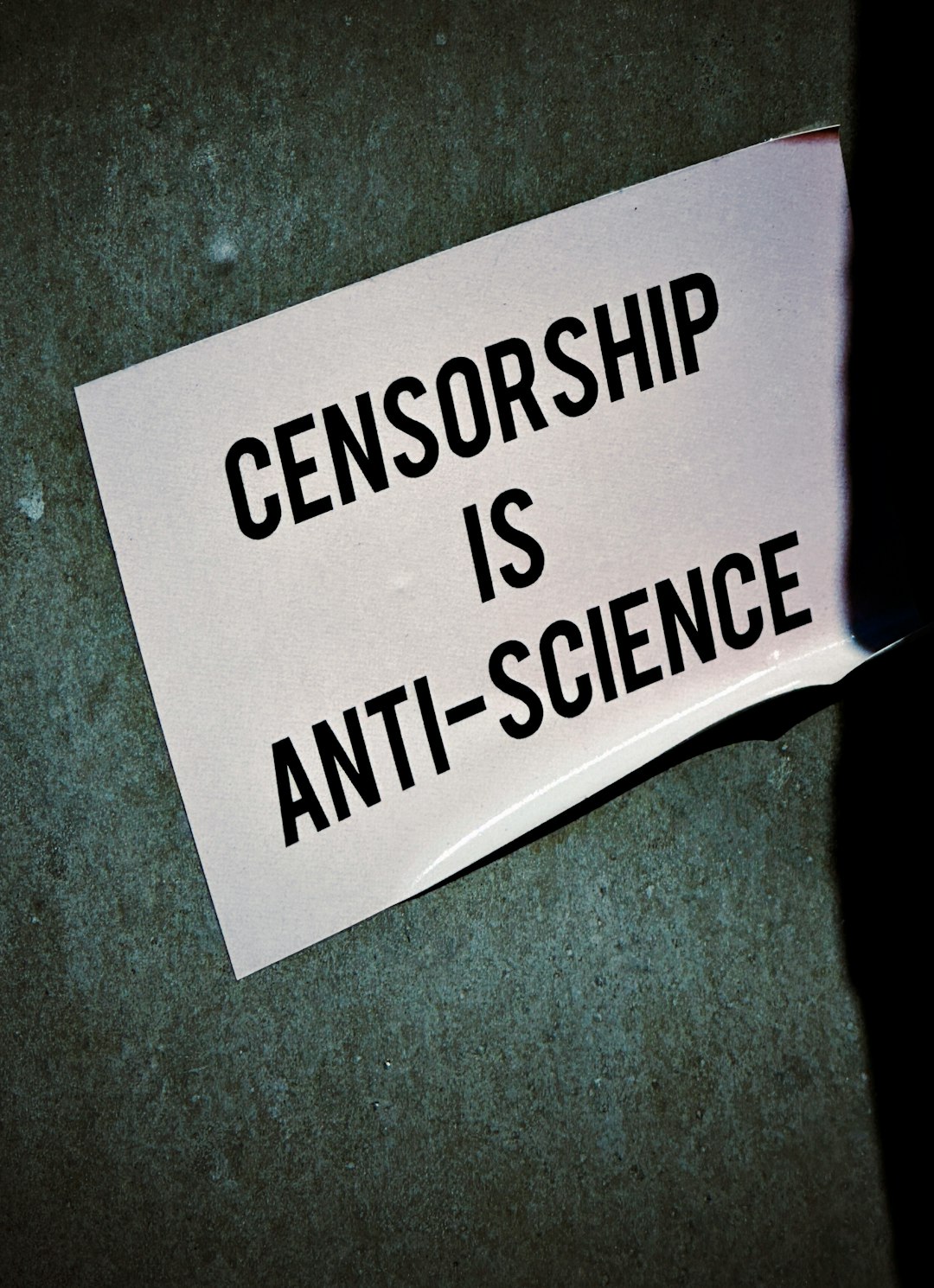
Government Control of Social Media Threatens Free Speech Forevermore
In an increasingly digital world, social media platforms have become the primary means of communication and expression for millions. However, the question of government control over these platforms raises significant concerns about the future of free speech. The interplay between government regulation and social media presents a pressing dilemma: how do we ensure the protection of individual rights while maintaining societal order?
The Impact of Government Regulations on Free Speech
Government control of social media can manifest in various forms, including censorship, surveillance, and the imposition of strict regulations on content. While proponents argue these measures are necessary to curb misinformation and protect national security, they can inadvertently lead to the suppression of dissenting voices and opinions.
Censorship and Its Consequences
Censorship is perhaps the most visible form of government intervention in social media. When governments decide what is “acceptable” content, they risk undermining the fundamental principle of free speech. For instance, in several countries, social media platforms have faced pressure to remove posts that criticize the government or its policies. This not only stifles individual expression but also creates an environment of fear where users may self-censor to avoid repercussions.
Case Study: The Role of Social Media in Political Movements
The Arab Spring is a notable example of how social media can empower citizens to mobilize and challenge authoritarian regimes. However, governments have taken steps to control this power. In some instances, they have shut down internet access or blocked certain platforms to prevent the spread of information. Such actions illustrate the lengths to which governments will go to maintain control, often at the expense of free speech.
Emerging Trends in Government Control of Social Media
As technology evolves, so too do the methods of government control over social media. Recent developments indicate a trend toward increased surveillance and data collection. Governments are leveraging sophisticated algorithms to monitor online interactions, which raises ethical concerns about privacy and the right to free speech.
Surveillance Technology and Its Implications
The use of artificial intelligence (AI) and machine learning in monitoring social media poses a significant threat to individual freedoms. These technologies can be employed to track user behavior, identify dissenters, and suppress opposition. While some may argue that such measures are necessary for national security, they often blur the lines between legitimate oversight and invasive control.
Expert Opinions on Government Control of Social Media
Many experts warn that excessive government control over social media could lead to a chilling effect on free speech. According to Dr. Jane Doe, a leading scholar in digital rights, “When governments begin to dictate what can and cannot be said online, we risk losing the very essence of democracy.” This sentiment echoes across various fields, as scholars and activists advocate for more stringent protections for online expression.
Tools and Resources for Navigating Government Regulation
As the landscape of social media continues to evolve, it’s essential for users to stay informed about their rights and the tools available to protect their freedom of expression. Here are some resources that can help:
-
Electronic Frontier Foundation (EFF): This organization provides resources and guides on digital privacy and free speech rights.
Visit EFF -
Access Now: An organization dedicated to defending digital rights, providing support for users facing government censorship.
Visit Access Now -
Privacy Rights Clearinghouse: A nonprofit organization offering information on privacy rights and tips for protecting personal information online.
Visit Privacy Rights Clearinghouse
The Future of Free Speech in a Controlled Environment
The growing trend of government control over social media raises critical questions about the future of free speech. As more citizens turn to these platforms for expression, the balance between regulation and personal freedoms must be carefully navigated. Encouragingly, there are movements advocating for digital rights, aiming to safeguard free speech in this new era.
Conclusion
The government control of social media poses a significant threat to the concept of free speech. As citizens, it is crucial to remain vigilant and actively engage in discussions surrounding digital rights. By understanding the implications of government regulations, we can work toward a future where freedom of expression is preserved and celebrated.
For those interested in exploring this topic further, consider subscribing to newsletters from organizations focused on digital rights or sharing this article with others who may benefit from understanding the complexities of government control over social media. Together, we can advocate for a more open and free digital landscape.


